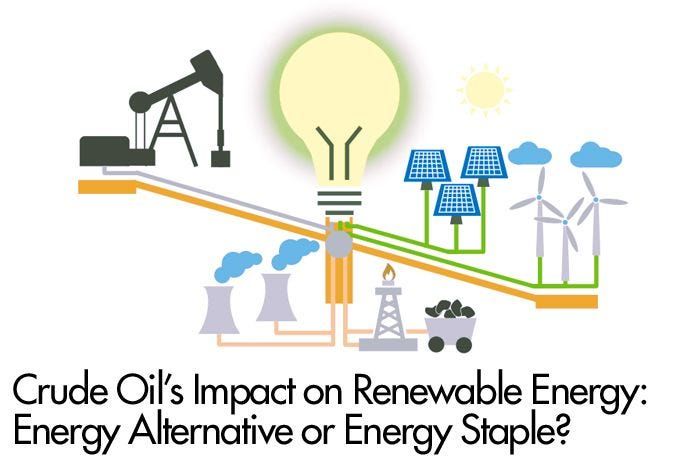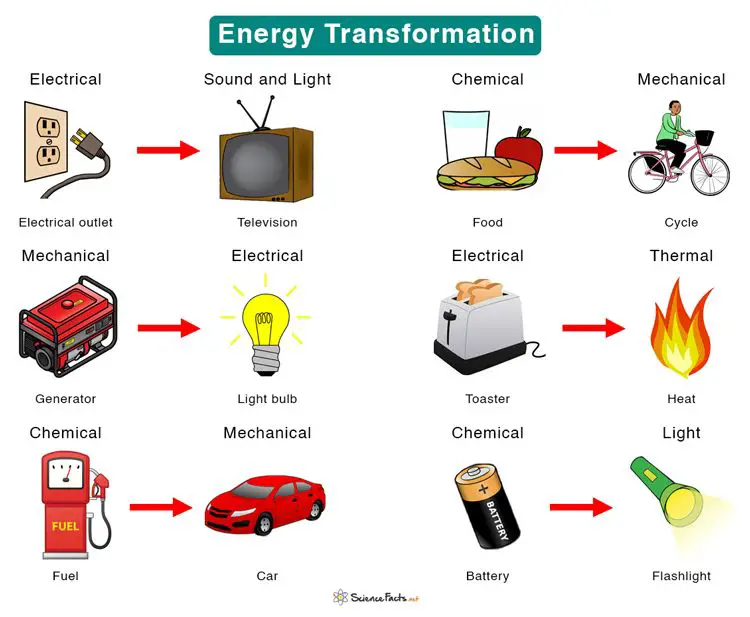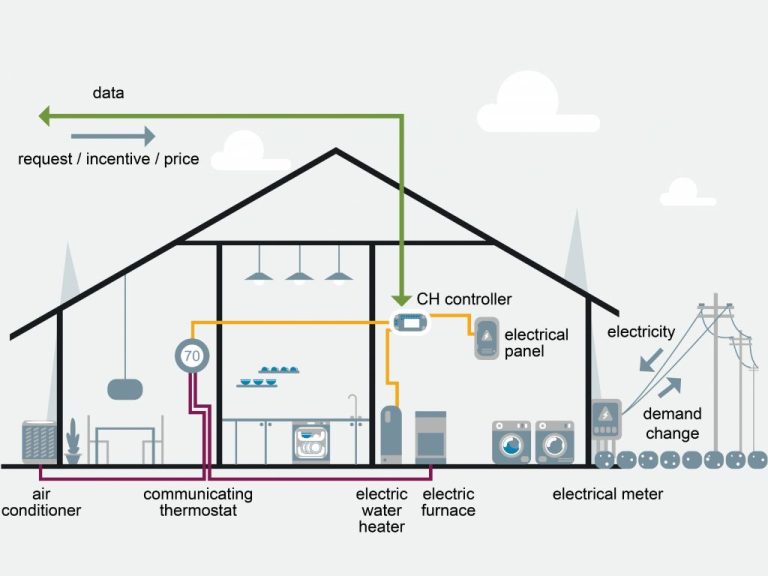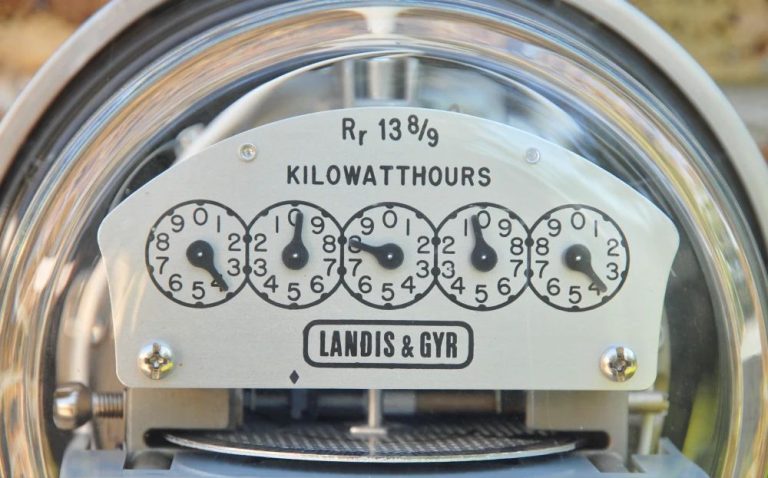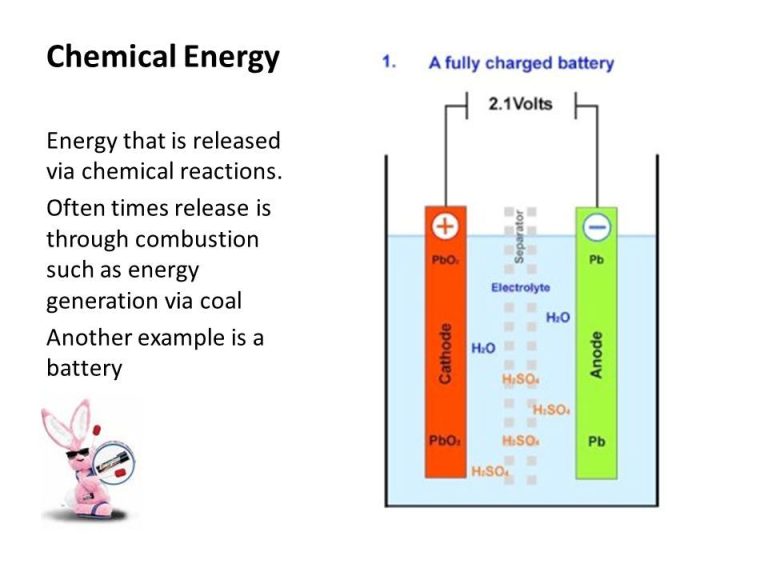What Does Seia Do?
The Solar Energy Industries Association (SEIA) is the national trade association for the U.S. solar industry. SEIA was formed in 1974 to advocate for solar technologies and accelerate their development and adoption across the country.
For nearly 50 years, SEIA has worked to make solar a mainstream energy source that powers homes, businesses, schools, hospitals, and government buildings. SEIA aims to expand markets, remove market barriers, strengthen the industry, and educate the public about solar energy’s benefits. SEIA represents over 1,000 member companies, including installers, manufacturers, financiers, and others throughout the solar value chain.
SEIA’s mission is to create the foundation for 100% carbon-free electricity system by 2050. The organization is committed to championing solar and transforming the U.S. energy system through education, research, consumer protection, and stakeholder coordination. SEIA develops resources to help consumers make smart energy choices and enables collaboration across the industry to advance solar.
Advocacy Efforts
SEIA advocates for policies that support the growth of solar energy nationwide. As the national trade association for the U.S. solar industry, SEIA actively lobbies lawmakers and regulators to enact pro-solar policies at the federal, state and local levels.
Some key policies SEIA advocates for include solar investment tax credits, net metering, community solar, and removing barriers to solar adoption. SEIA aims to educate policymakers on the benefits of solar power and ensure the industry has a seat at the table when key policies are being discussed.
Recent advocacy wins for SEIA include the extension of the federal solar investment tax credit in 2015, which provided long-term certainty for the industry. SEIA also secured improvements to net metering policies in several states, allowing rooftop solar customers to receive credit for the excess energy they export to the grid. At the state level, SEIA has helped advance community solar policies so more consumers can access solar power.
With its team of policy experts, lobbyists and passionate member companies, SEIA continues to fight for solar-friendly policies to help solar energy continue its rapid growth across the U.S.
Market Research
SEIA is the leading provider of market research for the solar industry. SEIA collects and publishes comprehensive solar data that tracks the sector’s remarkable growth nation-wide through a range of research reports.
The Solar Market Insight Report is SEIA’s flagship quarterly publication. It provides an analysis of trends and insight into the state of the U.S. solar industry, including investment and financing volumes, and national and state installed capacity and forecasts. The report shows how solar continues to lead all other energy sources in total market additions for new power generation.
SEIA’s Annual Solar Industry Update offers a resource for data on how solar is growing including information on prices, costs, business models and trajectories. Key data shows how solar has become the least subsidized energy source in the US, and the one with the most potential for further cost reductions and efficiency gains.
SEIA works with Wood Mackenzie to collect and organize data on the US solar market. This partnership provides reliable, relevant datasets, factsheets and graphics showcasing key trends and growth in solar capacity.
Conferences & Events
SEIA hosts some of the solar industry’s largest conferences and events throughout the year, providing valuable networking and educational opportunities. The flagship event is Solar Power International, held annually in September. As the largest solar trade show in North America, SPI connects over 20,000 professionals across the solar supply chain.
In addition to SPI, SEIA also hosts smaller conferences focused on specific industry topics. These include the Battery Storage Power & Renewables Conference, Utility-Scale Solar Conference, and Solar Asset Management Conference. Webinars and virtual events are also held regularly to keep the industry informed on key developments.
By bringing solar professionals together, SEIA’s conferences create an open forum to share ideas and best practices. The events showcase new technologies and innovations driving the energy transition. Attendees gain insight into market trends, policy impacts, and opportunities for solar growth.
Education Programs
SEIA offers various education programs aimed at training and developing a skilled solar workforce. These include:
SEIA hosts training sessions, workshops, and webinars on key topics related to solar installation, sales, and safety. These interactive training programs allow solar professionals to stay up-to-date on the latest developments and best practices in the industry.
Through its partnership with the Interstate Renewable Energy Council (IREC), SEIA provides access to three major solar certifications: PV Installation Professional Certification (PVIP), Solar Heating Installer Certification (SHIP), and Large-Scale Solar PV Installer Certification (LSIP). These accredited certifications validate the expertise of solar installers.
At the university level, SEIA works to build solar energy curricula through its SolSmart Ambassador partnerships. This includes developing solar course content and participating in career fairs to connect students with solar jobs.
SEIA also advocates policy initiatives aimed at training veterans for solar careers, bringing solar education into high schools and community colleges, and removing barriers to entering the solar workforce.
Overall, SEIA’s education programs are essential for training qualified solar professionals to meet the industry’s workforce needs and ensuring high-quality installations nationwide.
Diversity, Equity & Inclusion
SEIA is committed to promoting diversity, equity, and inclusion within the solar industry. They recognize the importance of cultivating a diverse workforce and inclusive culture.
SEIA partners with organizations like the Grid Alternatives’ Solar Corps fellowship program which provides hands-on solar installation job training to underserved communities. They also offer scholarships through the SEIA Minority Empowerment Scholarship Program to support students from minority backgrounds pursuing careers in solar energy.
In addition, SEIA hosts events and discussions dedicated to advancing diversity and inclusion. The goal is to drive meaningful change by giving underrepresented groups greater access to solar jobs and leadership roles.
Consumer Resources
SEIA provides numerous resources to help consumers make informed decisions about going solar. This includes comprehensive homeowner guides, a solar calculator to estimate potential cost savings, and data on actual cost savings achieved by solar customers across the country.
The homeowner guides walk consumers through the process of going solar step-by-step. They explain how solar energy systems work, financing options, incentives and rebates, questions to ask installers, and more. The guides are tailored for each state to account for differences in policies and regulations.
SEIA’s solar calculator allows homeowners to get a quick estimate of potential cost savings based on their location, utility rates, system size, and more. After inputting a few details, the calculator shows monthly and lifetime savings totals to help consumers understand solar’s financial benefits.
In addition, SEIA publishes data and graphics illustrating the average cost savings homeowners achieve in each state. This provides tangible proof of solar’s money-saving potential. For example, the average Florida system saves around $33,000 over its lifetime, while the average New Jersey system saves roughly $28,000.
These resources aim to educate and empower consumers to decide if solar is right for them. SEIA provides transparent, objective information so homeowners can evaluate solar in a clear-eyed manner based on their individual circumstances.
Industry Collaboration
SEIA works closely with other industry groups and organizations to advance solar energy. Some of their key partnerships include:
The Solar Foundation – SEIA partners with this nonprofit organization dedicated to solar research and education. Together they produce the annual National Solar Jobs Census, tracking solar industry employment in the US.
Large-Scale Solar Association (LSA) – SEIA helped launch this group representing utility-scale solar companies. LSA advocates for policies supporting large solar projects and grid integration.
Energy Storage Association (ESA) – As energy storage becomes critical for solar growth, SEIA partners with ESA to educate on storage technologies and advocate for supportive policies.
Solar Energy Industries Association (SEIA) also collaborates with regional solar organizations, clean energy nonprofits, environmental groups, and other stakeholders to build support for solar through events, reports, and joint policy initiatives.
These partnerships amplify SEIA’s advocacy efforts and help align the broader clean energy community around a shared vision for America’s energy future.
International Work
SEIA is dedicated to bringing solar energy to communities around the world, especially developing nations that lack access to electricity. Through partnerships with international organizations, SEIA aims to accelerate the adoption of solar globally.
Some of SEIA’s key international efforts include:
- Launching the Solar Energy International Alliance to share best practices for solar policy and deployment across countries.
- Leading solar industry delegations to provide expertise to governments in Africa, Asia and Latin America on designing solar incentives and building technical capacity.
- Partnering with multilateral institutions like the World Bank, IFC and UN agencies to finance commercial solar projects in off-grid regions.
- Supporting the deployment of solar home systems and mini-grids to provide electricity access to rural communities.
- Training local technicians, entrepreneurs and business owners to develop lasting solar industries and jobs.
With over 1 billion people still lacking electricity access, SEIA is committed to realizing the full potential of solar energy to empower communities and reduce global carbon emissions. Its international efforts are helping spur the global transition to clean, renewable solar power.
Looking Ahead
As solar continues its rapid growth in the United States, SEIA has ambitious goals for the future. Here’s what the organization aims to accomplish in the years ahead:
Achieve 30% of U.S. electricity from solar by 2030: SEIA has outlined a roadmap to ramp up solar deployment to provide 30% of the nation’s electricity by the end of this decade. This will require commensurate growth in solar manufacturing, supply chains, and grid infrastructure.
Grow solar workforce to 1 million: Reaching the 30% by 2030 goal will require a robust and diverse solar workforce. SEIA aims to help train and hire the next generation of solar workers to make this happen.
Embrace emerging technologies: From battery storage to electric vehicles, SEIA will integrate new innovations into its policy platform and industry development. The solar+ movement will unlock solar’s full potential.
Expand access and equity: SEIA is committed to making solar affordable and accessible to all Americans, especially low-income and disadvantaged communities. More inclusive solar policies are key.
Maintain bipartisan support: With strong credentials across the political spectrum, SEIA will continue its work to foster bipartisan solar policies at the federal, state and local levels.
The next decade will be decisive for the solar industry. With SEIA’s leadership, the future is bright for solar energy nationwide.

